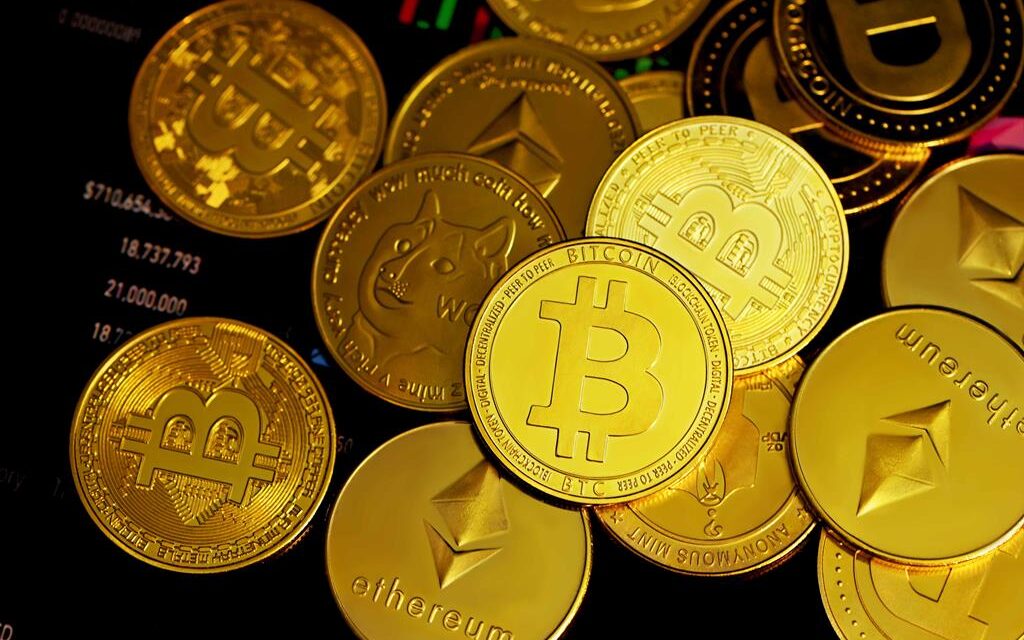
What is a Market Marker in Crypto and How Does It Act?

Cryptocurrency trading used to be extremely popular among retail trades and individuals, who had faith in crypto from the very beginning. Over time, large market players looking for the tools to hedge risks and reach innovations paid attention to this sector as well. After all, starting from the 2020s, we are witnessing institutional adoption of crypto with tech and financial companies at the forefront.
The Importance of Liquidity
Investors (be it stocks or crypto) use exchanges to buy and sell assets. Those platforms match buyers and sellers centrally, providing safety, compliance, and fair prices. What lies at the core of efficient trades on an institutional crypto trading platform is liquidity. Why is it so important:
- Liquidity means the ease with which assets are bought and sold
- High liquidity in the market helps institutions execute large orders with minimal price impact
- Higher liquidity often leads to lower bid-ask spreads and reduced trading costs
- Liquidity contributes to market stability by absorbing sudden large buy or sell orders without causing significant price fluctuations.
Where does liquidity come from? To ensure its sufficient level, exchanges partner with specialized companies that actively pour liquidity into a market-making platform.
What do market makers do? To find the answer, continue to read.
How Do Market Makers Work?
There are two common order types:
- Market orders are automatically processed at the current price.
- Limit orders are placed in order books and fulfilled when a buyer or seller is matched.
Limit orders may stay in an order book for longer, and as long as they stay, they create liquidity in the market. The essence of market maker trading is continuously placing limit orders during the day. They set bid (buy) and ask (sell) prices for assets and earn from the difference between them. Having made numerous transactions per day, market makers receive their profit.
How To Become a Market Maker?
When talking about trading on centralized exchanges, especially those institution-grade, they look for specialized companies that provide market-making services, which may also be banks, financial entities, etc. To become a market maker, a company must ensure it has a license and complies with regulations, as well as regular audits.
How many market makers are there? There are many makers in the crypto sector, with the most popular:
- Gotbit
- Algoz
- Jump Trading
- Bluesky Capital
- GSR Markets.
Final Word
Liquidity level determines the entire efficiency of the market, protecting from high volatility, and ensuring a constant flow of trading volume. This is why market makers stand as essential players in crypto trading. While keeping financial markets healthy and attractive, market makers receive their profit from efficient trading and price differences.

























